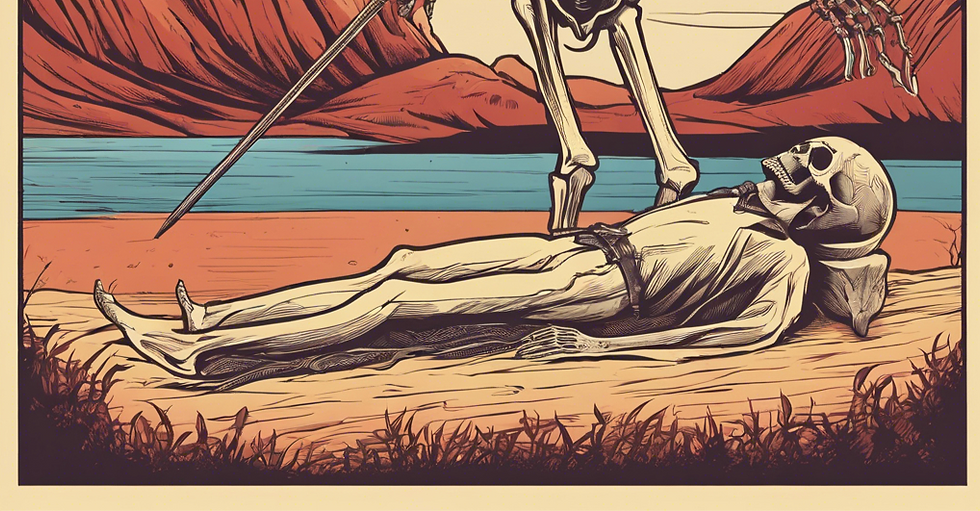Reflection: A Board Game on Success
- Thomas Fang
- Aug 15, 2024
- 4 min read
I participated in a game that was sort of a more realistic and upgraded version of monopoly. It was quite different, actually. This was a mimic of the actual life that you might experience, containing more realistic factors and things that one might experience such as hardships, successes, and even time and energy. Here, the goal was to start as a working class person, who goes to work every day, and break the ‘class division’ between this repeating of everyday life to a new level, where your income from things like rent, business, stocks, called ‘passive income (per month)’ is greater than the total money you spend (per month). There are more goals after that, but as a new, young player I was not able to get to that level, nor did any other of the teens participating.
Through this process, I was able to put into the ‘game reality’, some terms I have heard and dealt with before, but have yet to really experience: things like the stock market, having a job and income, marrying, buying houses, making a company, banking, etc. I also got an impression on the passing of time, as well as the limited energy that one has to complete and do certain things. (In this game, energy is displayed as a number, which increases and decreases based on the jobs and actions that a player does)
Since I never succeeded, I learned from what I did not do so well—things that I have not really gotten hold of before. Mostly this included taking risks and opportunities when the time came, even if at the cost of some liabilities to the bank, or at the cost of a large part of the money I have in hand, instead of playing it too steady and ending up with a limited amount of income at the end. What I did well, though, was the management of the opportunities I had: I had a decent idea of what I wanted to do at that time during the game, as well as managing the ‘energy’ that I had. For example, at around 25, since the ‘starting job’ that I chose had a low income and low money saved per month, I chose a side occupation to be able to earn more. Then, I chose to invest in different stocks, both ones that I drew and ones that others drew. Later, at the age of around 40, I chose to pick investing in companies that were starting to start gaining my first share of ‘passive income.’ What I realized, however, was that the money I had earned so far did not support my being able to have enough money to invest. There was one problem earlier, when I chose to buy shares of stocks. One stock another drew was at 10$ per share with a flux rate of 10$-30$. Here, I could have used much more money to buy many more stocks, and use much more of the money I had saved in the bank, which I did not use at all, to buy the stocks which most certainly would gain me much more money, supporting my investing in companies later. Another problem here was that I did not think of borrowing money from the bank to start an investment in a company, which I could have done as I already had a large portion of the money to be able to invest.
Although I gained a lot of experience and learned the ‘specifics’ of the model life with economics and stocks, I see this as a symbol for one’s life, not just a simulation. There are more ways for one to live and to achieve one’s dreams, and there are many different paths to do so. For example, one could choose the path of doing scientific studies, or one could choose to become an author, a politician, a singer, an artist, etc. These fields often have a different sort of currency, such as reputation, fame, the support of the people, etc. But to succeed in any of these paths, one would need certain qualities. In a way, this game uses a specific path to reflect on the bigger symbols that one needs to succeed in any way: things like the ability to take risks when opportunities arise, the ability to focus on what you need, the ability to organize your time to complete the projects and things that you do.
There are also things that one would need no matter what path one takes: one needs a way to make money as a basic support for life before one is able to succeed in a certain area, a place to live and medical insurance is also necessary for the risk when one might experience sickness. A partner in life could also help boost one’s energy, etc.
But like every other game, this game is not perfect. Time and energy is very hard to represent, and the speed at which the time passes as well as energy spent is not at the very ratio that life passes, as real life is constantly changing, unlike the fixed rules of a game. Being a model, however, this game generally demonstrates well what a person’s life would look like, in both a physical and a symbolic level, and I was able to learn much from it.



Comments